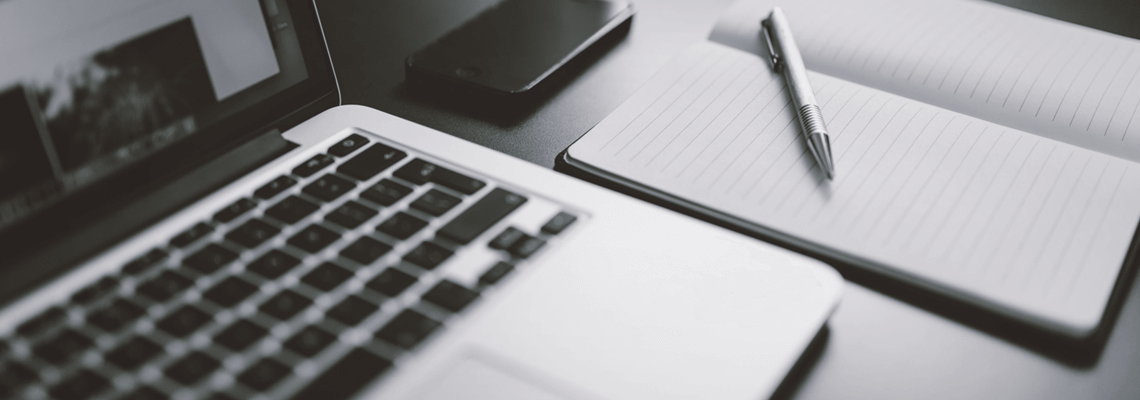
THE EFFECTS OF BANKRUPTCY TO YOUR PROPERTY | HOW TO FIX MY CREDIT SCORE
 How Your Property Can be Affected by Bankruptcy
How Your Property Can be Affected by Bankruptcy
Bankruptcy is a tool used by debtors to eliminate debt. However, bankruptcy poses a great danger to your property and credit score. You are probably wondering is there any way how to raise my credit score after a bankruptcy case. The following paper seeks to cover the different ways of filing for bankruptcy, the effect of bankruptcy on your property and "how to fix my credit score."
Types of Bankruptcy
Under the Bankruptcy Code of the U.S., you can either file a chapter 7 or a chapter 13 bankruptcy.
Chapter 7 bankruptcy applies when you own little property such as basic clothing and furniture and you are left with a little money when you have paid your end of month expenses.
Chapter 13 bankruptcy applies if you have equity in property like your house and you want to keep it. This form of bankruptcy is also filed by persons who have a regular income and can meet their living expenses but cannot manage to pay their debts in time.
There are cases where a person who files for bankruptcy under chapter 7 stands to lose some property. When a person files for bankruptcy under Chapter 13, all of their property is protected.
The impact of bankruptcy on a person's property depends on the kind of bankruptcy they chose to file and the bankruptcy exemptions applicable. A bankruptcy attorney is best placed to advice you on the type of bankruptcy to file, the legal exemptions and what your options are under each
Situations When Your Property is Not Safe
Home equity: If you have a mortgage balance that is less than the market value of your house, it means that you have a large share of equity in that house. Courts may seek to pay your creditors through your home equity. This is a matter that you should discuss with your bankruptcy lawyer to avoid surprises in the course of your bankruptcy case.
Fully paid vehicle or home: Bankruptcy courts consider any paid in full home or vehicle to be an asset that can be sold to settle the debt of your creditors. In most cases, the court will not seize the sole vehicle of a particular household to settle debt. However, if a household has several fully paid for vehicles, the court will choose the vehicles that will be liquidated. The same case applies to homes.
Luxury items: Luxury items differ depending on the definition being used. Basically, a luxury item is any item that is highly valuable. The main luxury items that the court will seize include jewelry, sophisticated electronics, art and boats. Your bankruptcy attorney will inform you about the items that may be liquidated in a bankruptcy case.
How to Fix My Credit Score after Bankruptcy
The following are ways of how to fix my credit score after going through bankruptcy:
Stay current on monthly payments
Apply for a credit account and make timely payments
Keep your credit card balances as low as possible
Keeping your credit accounts open is a popular way of how to raise my credit score. Closing accounts reduces the amount of credit you can access and translates to a low credit score.
Acquire a loan: After you have stayed for two years after filing for bankruptcy, you can be able to apply for a loan. If you secure a home or car loan and make timely payments, this is an automatic way of how to fix my credit score. Moreover, with a high credit score, you will get a low interest rate.
Filing for bankruptcy can in some cases cost you your property and also impact on your credit score. Your bankruptcy attorney will help you deal with bankruptcy and advice you on how to raise my credit score after going through bankruptcy. After all, bankruptcy is not a permanent condition; it fades away in the end.